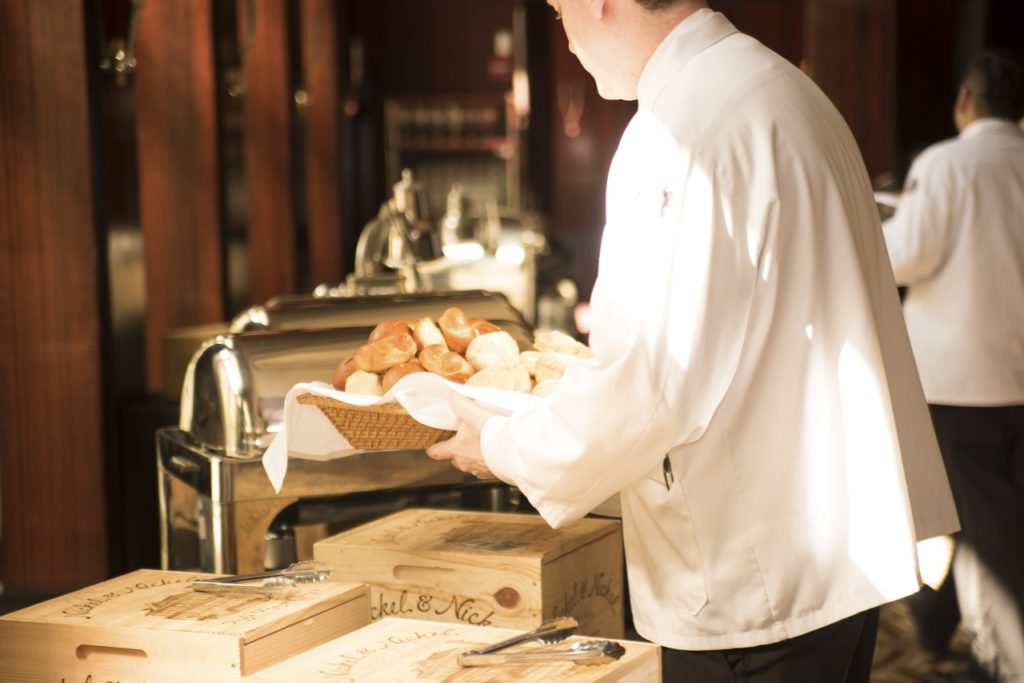The number of people employed in the hospitality industry in July was as high as it had been in February, before the arrival of the Covid-19 pandemic and the lockdown, according to a survey carried out by human resources consultants Acerta.
The survey takes the number of staff employed full-time in the horeca sector – hotels, restaurants and cafes – in January 2019 to be the reference at 100%.
According to that benchmark, employment in February stood at 132.1% – 135.8% in hotels and 131.7% in restaurants and cafes.
Then the pandemic arrived, and by March 42.8% of staff were on temporary unemployment as businesses were forced to close other than for takeaway meals. The number rose to 67.9% in April before sliding back down to 63.6% in May and 50.8% in June.
In July, however, the number on temporary unemployment was only 11.8%, while the index went to 132.7% – up from a low of 71.5% in June, and slightly higher than it had been in February. And taking only hotels, employment in July rose to 150.4%.
The recovery is also seen in the number of students working in the sector, which slumped from 33.9% in February to 17% in April, then recovered to 34.5% in July.
The same does not apply to flexi-jobs, however. In February those accounted for 20.8% of all employment in the sector. The proportion dropped to 2.3% in June, and in July climbed only to 14.2%, still lower than at any time before the pandemic.
“At the onset of a crisis, those first affected are flexi-jobs and students, and then permanent employees are also faced with temporary unemployment,” said Benoît Caufriez, director of Acerta Consult.
“The way out of a crisis goes in the opposite order: first temporary unemployment falls, then the student jobs and flexi-job workers come back. This is exactly what happened in July.”
The record offers some hope for the sector in the event of a second wave of the pandemic.
“The fact that the hospitality industry did not go to zero percent employment during the lockdown is due to the resilience of the sector,” Caufriez said.
“After the lockdown, the industry had to comply with coronavirus measures, but managed to take advantage of the situation. Customers have also adapted: some have opted to vacation in their own country and this has helped hotels, restaurants and cafes to hold on. The smarter we get about the virus, the more targeted the measures can be and the more we can limit collateral damage.”
However the situation and the outlook are changing all the time, and the recovery could prove to be fragile, he warned.
“The coronavirus dashboard, which allows us at Acerta to closely monitor developments, shows less favourable figures for August than what we have seen for July. In the province of Antwerp, for example, we again see a decrease in the number of flexi-job workers and student jobs, probably due to a toughening of measures.”
Alan Hope
The Brussels Time

